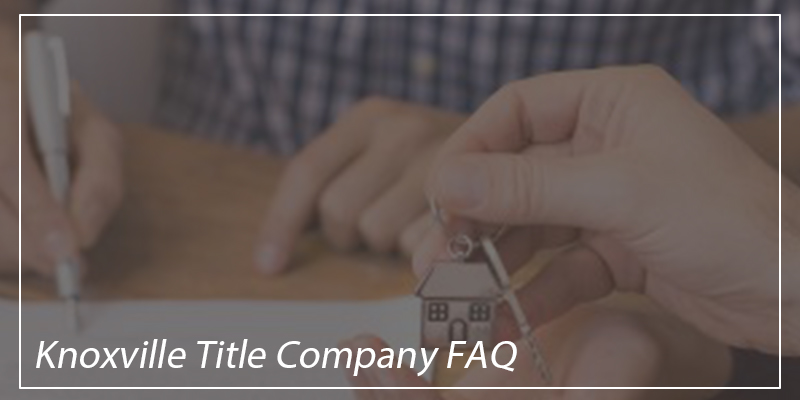What is title insurance?
What does title insurance do? It ensures against financial loss caused by defects in title to real estate. Title insurance companies defend against lawsuits attacking the title. Also, in the case of a covered loss, reimburse the insured up to the policy limit.
What kinds of defects does title insurance protect you from?
It protects you against loss due to title defects, liens, or other similar matters. Title insurance protects you from claims of ownership by other parties. It protects you against losses from problems that arose before your purchase. The title company will defend you in court if there is a claim against your property. The company will pay for covered losses.
Is it required?
Texas does not require title insurance. The lender will require you to buy a Loan Policy of Title Insurance to protect their interest.
How long does it last?
A loan policy lasts until the loan gets paid. An owner’s policy lasts as long as you or your heirs own the land. It also may provide coverage after you no longer own the property. This depends on your policy provisions. Policy language has changed over time. So, read the continuation of coverage provisions in your policy to determine terms.
Do you have to renew your policy?
You pay for title insurance only once, when you buy the policy unless you decide later to add more coverage. Keep your policy, even if you transfer your title or sell the property. Coverage lasts as long as you or your heirs own the land. It may even last forever for any title warranties made when you sell the property.
What happens if I transfer my title to my business, my trust, my LLC, or my children?
The type of policy you have may not provide coverage when you transfer your title into your business. It also may not cover to someone else that is not considered an insured. To determine what type of coverage you have, read your policy. Check with your title agent, or speak with an attorney.
Is it like homeowners insurance?
No, title insurance is different from other types of insurance. It does not insure against fire, flood, theft, or any other type of property damage or loss. It protects against losses from ownership problems that arose before you bought. You may have not known these problems at the time you bought the property. It does not guarantee that you will be able to sell your property or borrow money on it.
What’s the difference between a title commitment and a title policy?
The title commitment comes before closing; the title policy issues after closing. The commitment says that a title company is willing to issue insurance under certain conditions. Also, if the seller fixes certain problems. The policy provides coverage for the property.
What does the title commitment do?
What types of policies are there?
There are two types of policies, owner’s policies, and loan policies.
- PolicyThe owner’s policy protects you against losses from ownership problems that arose before you bought the property, but that was not known at the time you bought the property. For example, you could lose a title to your property due to fraud, errors or omissions in previous deeds, or forgery of a previous deed. The owner’s policy protects the buyer from the covered risks listed in the policy.There are separate types of policies for commercial and residential property. The T-1 is commonly used for commercial property and undeveloped land. The T-1R is for most residential property.
- Loan PolicyThe loan policy is issued to the mortgage lender. It protects the lender’s interest in the property until the borrower pays off the mortgage.
Why do I need a loan policy?
Most lenders will require a loan policy as a condition of the mortgage. The policy will repay the balance of your mortgage if a claim against your property voids your title. A loan policy covers up to the amount of the principal on your loan.
How long does the loan policy last?
Loan policies remain in effect until you repay the loan. Most lenders will require you to buy a new loan policy if you refinance your home. When the new loan pays off the existing loan, the old loan policy expires.
Why does my owner’s policy cost more than the loan policy?
When you buy an owner’s policy and a loan policy at the same time, the loan policy issues at a discounted price of $100. If you decide not to purchase an owner’s policy, you will pay full price for the loan policy.
Do I get a discount if I refinance?
Yes, if you refinance within seven years. The premium discount varies, based on the number of years since the original purchase. If the original purchase occurred within two years from the date of the loan policy, you get a 40% discount. If the purchase occurred within seven years of the loan policy, you get a 15% discount. After seven years, you pay full price for the loan policy.
What if my home increases in value? Am I still covered?
You have coverage for the value of your policy. There may be improvements to your home, or your home increases in value over time. You can buy an increased value endorsement to cover the increase in your property’s value.
Can I get a discount on the price of my policy?
Is there a way to save money on my closing?
Do title companies charge the same policy premiums?
Yes. Title insurance rates in Texas regulate. All title companies will charge the same premium for a policy. Based rates are on the property’s sale value. For example, the basic premium for a $50,000 property is $522, and the basic premium for a $100,000 property is $875.
Do I get to pick my own title company?
You may choose any title company you want. You don’t have to use a company selected by a real estate agent, builder, or lender.
What is a title defect?
A title defect is anything that can cause a title to consider invalid or defective in some way. Some examples are:
- Invalid documents due to forgery, fraud, undue influence, duress, incompetency, incapacity, or impersonation.
- Failure of any person or entity to have authorized a transfer or conveyance.
- A document affecting title that is not properly executed, signed, witnessed, notarized, or delivered.
- Undisclosed or unrecorded easements not otherwise apparent on your land.
- No right of access to and from the land.
- A document executed under a falsified, expired, or otherwise invalid power of attorney.
- A document not properly filed, recorded, or indexed in the public records.
- Ownership claims by undisclosed or missing heirs.
- Defect arising from an improper prior foreclosure.
- Undisclosed restrictive covenants affecting your property.
Lien issues can also cause title defects. Some examples of lien issues are:
- Any statutory or constitutional contractor’s, mechanic’s, or material man’s lien for labor or materials that began on or before the policy date. Talk to an attorney about your rights.
- Lien for labor or materials furnished by a contractor without your consent.
- A previous owner failed to pay
- a mortgage or deed of trust
- a judgment, tax, or special assessment
- a charge by a homeowner or condominium association.
- Other liens or claims that may exist against your title that is not listed in the policy.
Notify your title company immediately if someone files a lien. Also, notify if there someone claims an interest in your property. Failure to do so could jeopardize your claim.
What doesn’t a title policy cover?
A title policy generally won’t cover mistakes or defects, financial issues, or rights issues.
- Defects that are created after the policy is issued.
- Defects that you create, or of which you had knowledge.
- Problems that arise because of your failure to pay your mortgage. Failure to obey applicable laws or restrictive disclosed covenants.
- Certain taxes and assessments.
- Losses resulting from rights claimed by someone else occupying the land. The title company may need to inspect the property. There may be a charge for the inspection.
- Homestead, community property, or survivorship rights of a policyholder’s spouse. Texas homestead laws address the rights of a spouse or survivors of a property owner.
- Claims from other people. People who may have certain rights if your property is near a body of water or has a river or stream flowing through it.
- Condemned land. Unless a condemnation notice appeared in the public record on the policy date. Or the condemnation occurred before the policy date.
- Violations of building and zoning ordinances and other laws. Also, regulations related to land use, land improvements, land division, and environmental protection.
- Disclosed restrictive covenants limiting how you may use the property. Request copies of restrictions and have your attorney explain them.
Crossland Title Agency in Knoxville TN
Customer Service… The key to our success.
10207 Technology Drive Suite 103 Knoxville, TN 37932
865.671.0617








